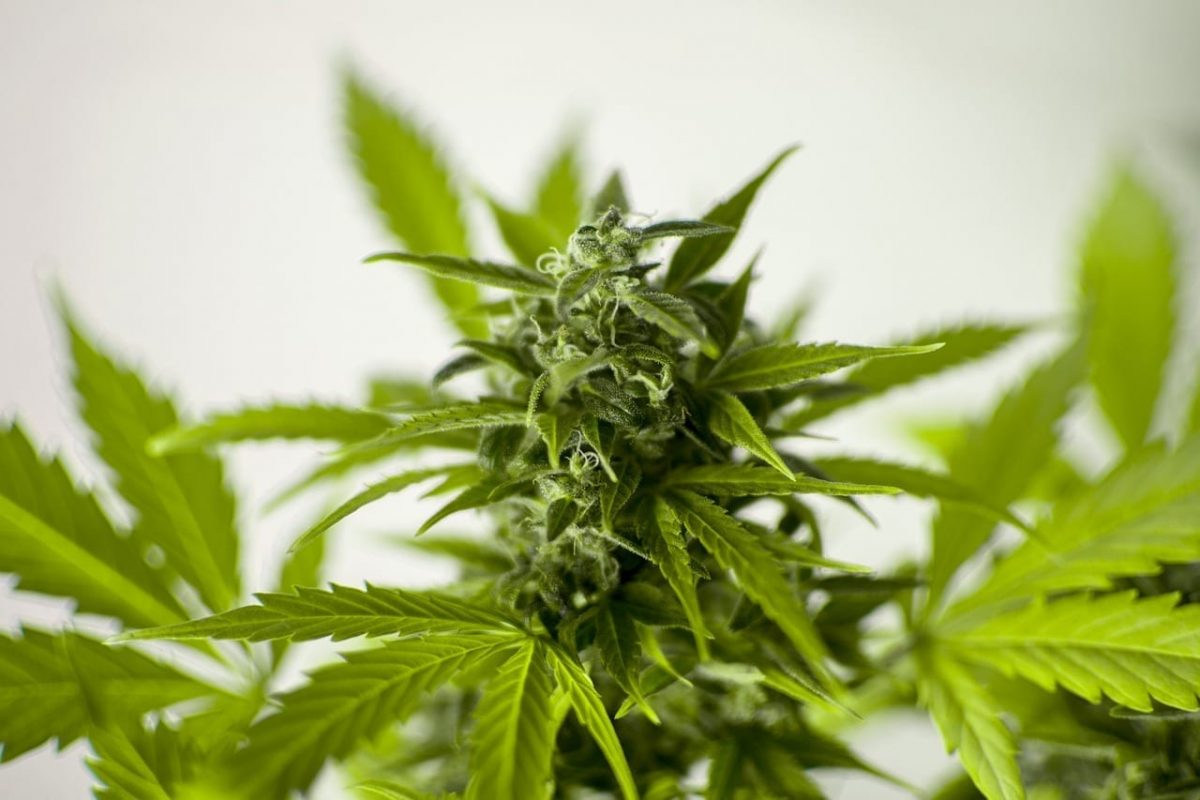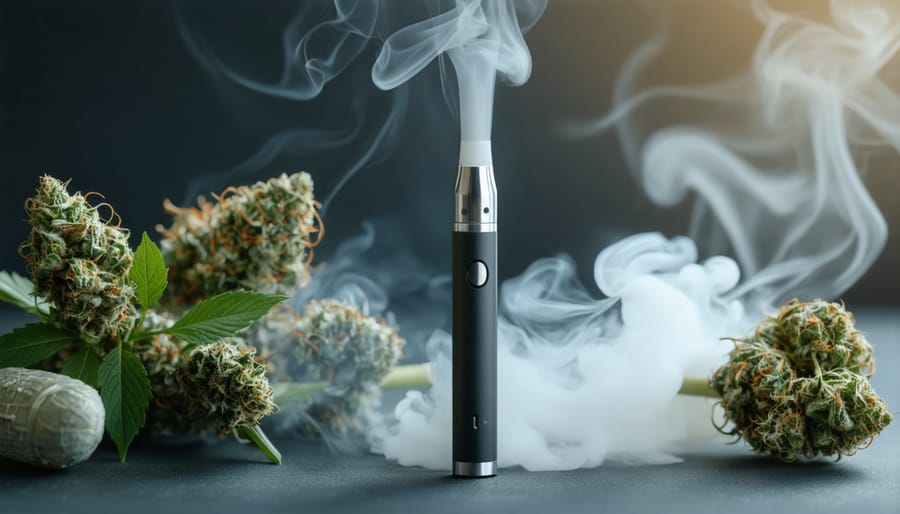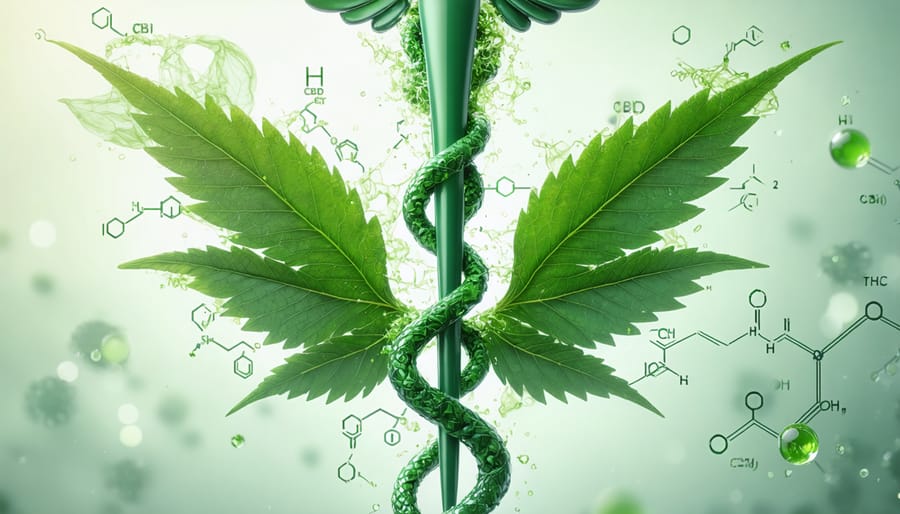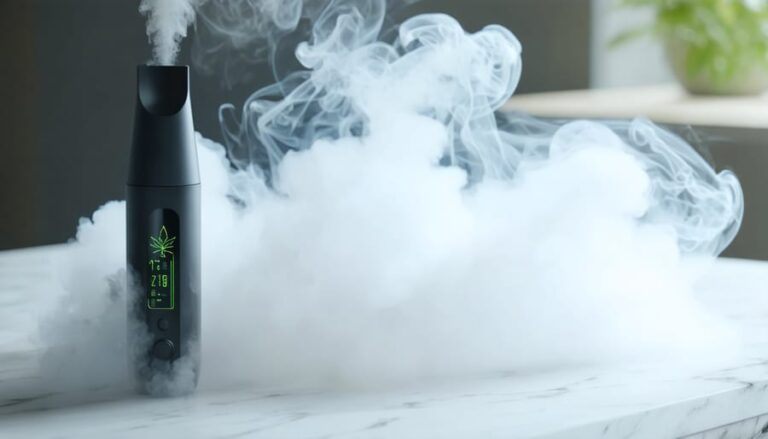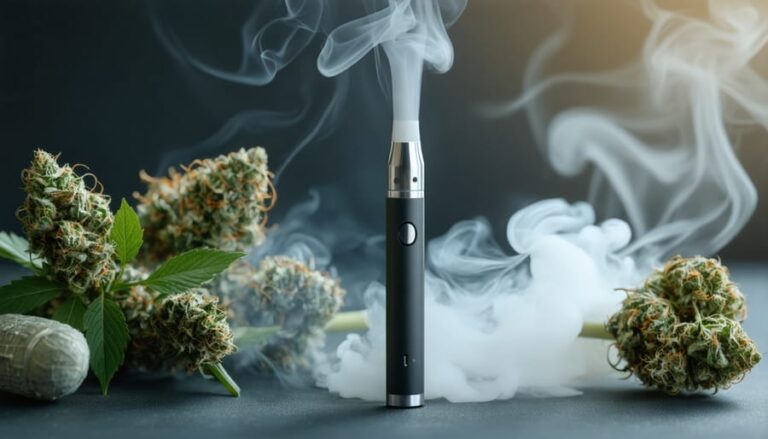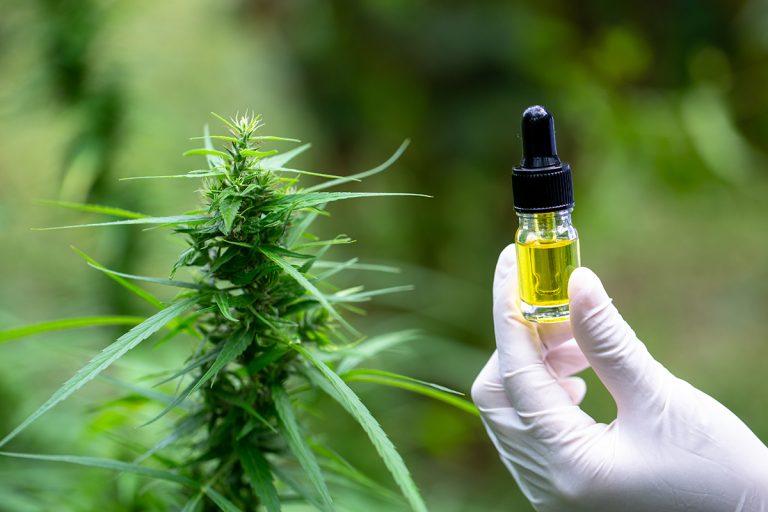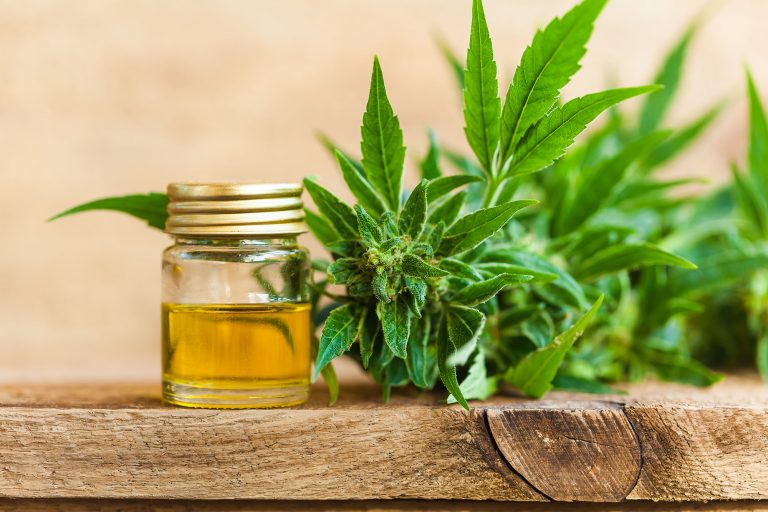CBD Oil’s Proven Medical Benefits: What Research Actually Shows
CBD oil has emerged as a groundbreaking therapeutic compound, offering relief for numerous medical conditions while avoiding the intoxicating effects associated with traditional cannabis. Different types of CBD oil and Dopeboo delta 9 gummies provide varying benefits, from managing chronic pain to reducing anxiety and inflammation. Clinical research demonstrates CBD’s potential in treating epilepsy, with the FDA-approved medication Epidiolex marking a significant milestone in CBD’s …

